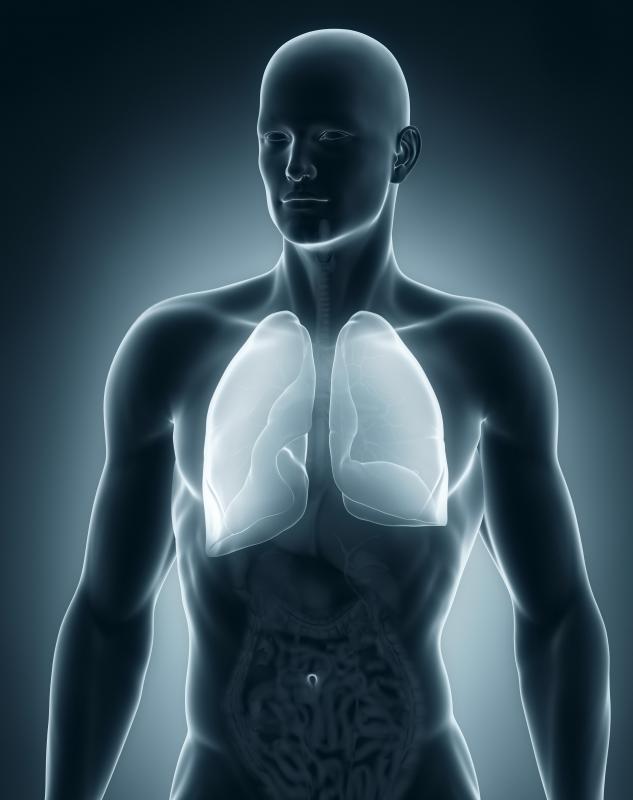At WiseGEEK, we're committed to delivering accurate, trustworthy information. Our expert-authored content is rigorously fact-checked and sourced from credible authorities. Discover how we uphold the highest standards in providing you with reliable knowledge.
What is Neuropathology?
Neuropathology is a branch in the field of medicine which studies nervous tissue diseases and disorders. A neuropathologist is a physician with an MD (a Doctor of Medicine) or DO (Doctor of Osteopathy) medical degree with a residency in anatomical pathology and a fellowship in neuropathology. This specialized field of study can focus on the central nervous system, or the CNS, consisting of the brain and spinal cord, or the peripheral nervous system, comprised of the nerves outside of the CNS.
A physician specializing in neuropathology specializes in the diagnosis of disease processes through the use of biopsies of nervous tissue. A biopsy is the removal and examination of tissue to identify the cause and nature of the disease. These tissue samples can be explored under a microscope in a lab or examined after their removal by a neurosurgeon in the operating room. Neuropathology can investigate tissues of varying sizes from a small sample to the whole brain.

Biopsies are commonly performed on the living; however, there is a branch of neuropathology which examines the tissues post-mortem to better understand the progression of the disease process of the central nervous system. This form of tissue removal is performed during an autopsy. Some neuropathologists also perform muscle biopsies. Muscle biopsies assist in the diagnosis of peripheral nerve problems, commonly due to conditions such as vasculitis and amyloidosis.

Vasculitis is an inflammation of the blood vessels that can cause nerve problems such as weakness or numbness. There are several types of vasculitis. Buerger's disease, also called thromboangiitis obliterans, for example, is inflammation in the extremities. This condition can cause pain in the arms or legs. Microscopic polyangiitis, another form of vasculitis, affects small blood vessels in the kidneys, lungs and skin, can cause nerve damage.

Amyloidosis is a collection of conditions where the protein amyloid is abnormally deposited in the tissues or organs. This condition can also affect the nerves. These deposits can cause an irregular heart rhythm or unusual nerve sensations in the arms, legs or feet, depending on the location of the deposits.
Neuropathology specializes in nerve problems and nerve conditions. It is a branch of medicine focused on research as its two main objectives are to understand the process of nerve disease, and to aid in the recovery of normal nerve function or to alleviate and prevent the symptoms of nerve dysfunction. Common symptoms include abnormal sensations, numbness, tingling and neuralgia, or nerve pain.
AS FEATURED ON:
AS FEATURED ON:
















Discuss this Article
Post your comments